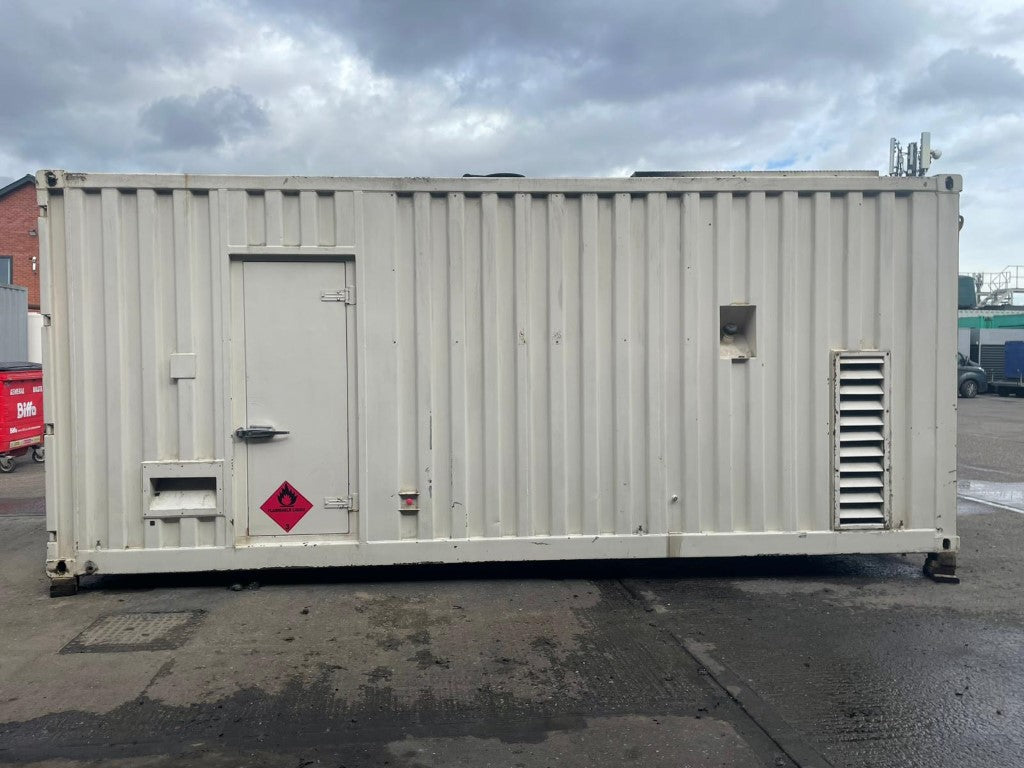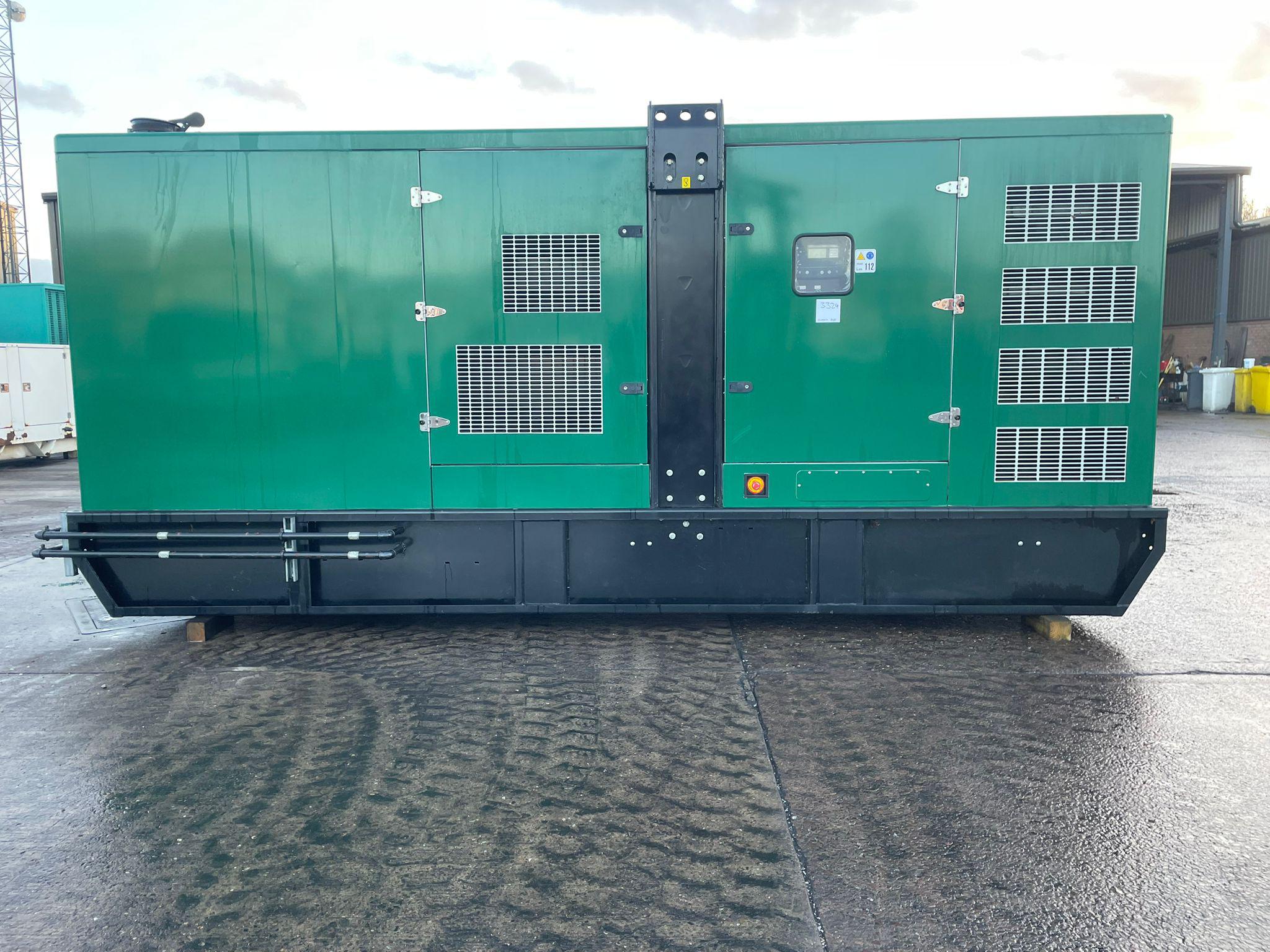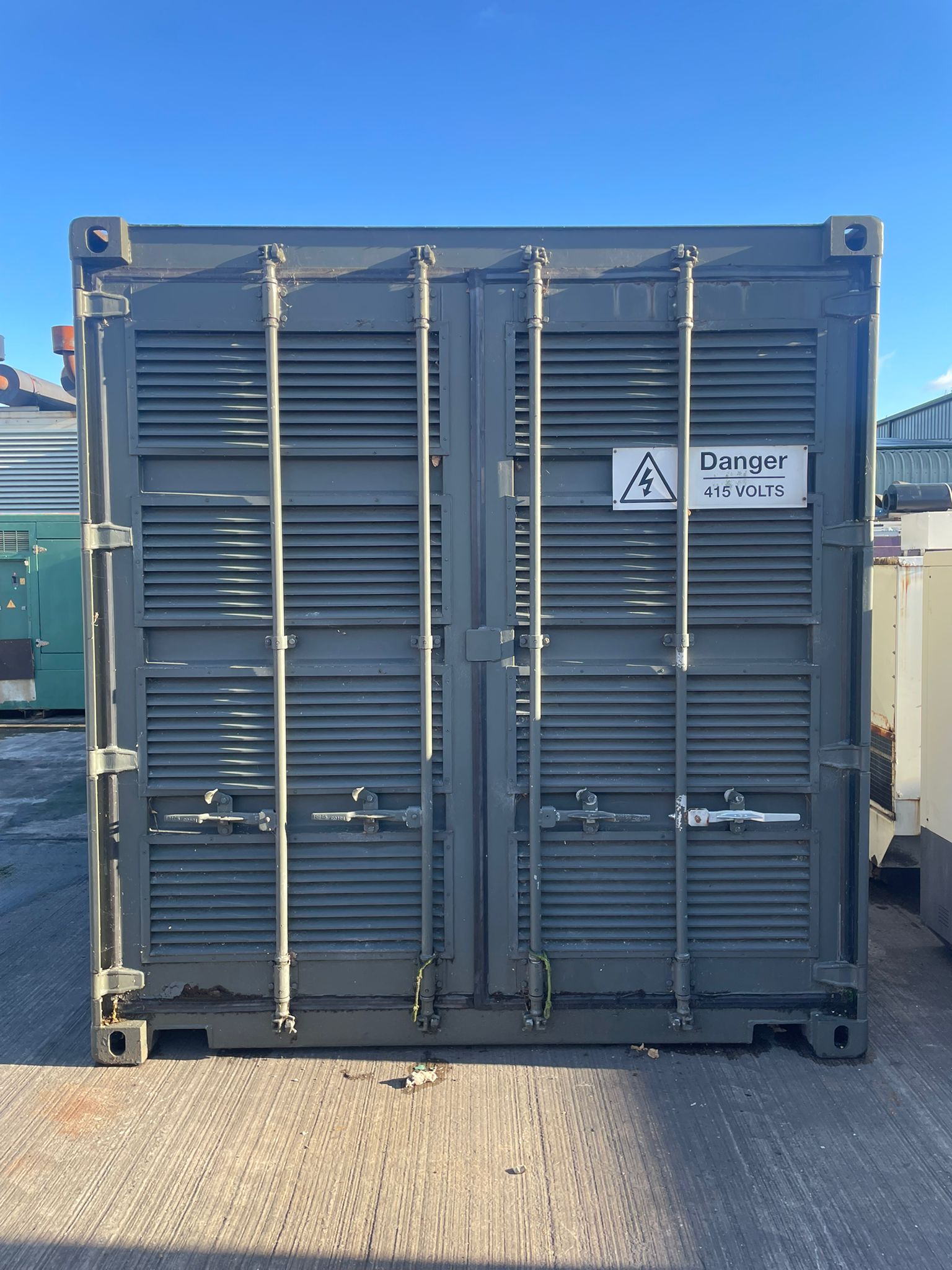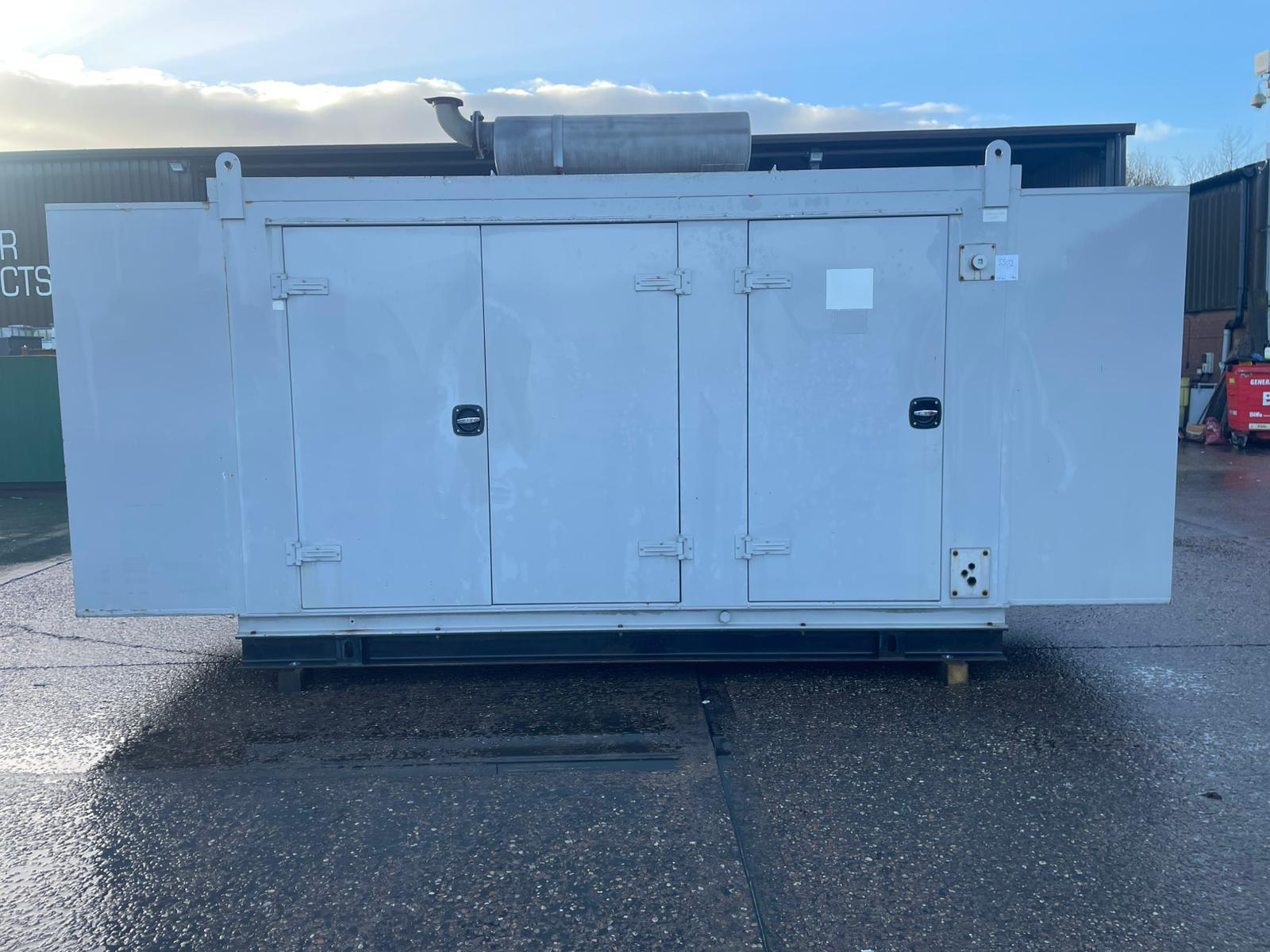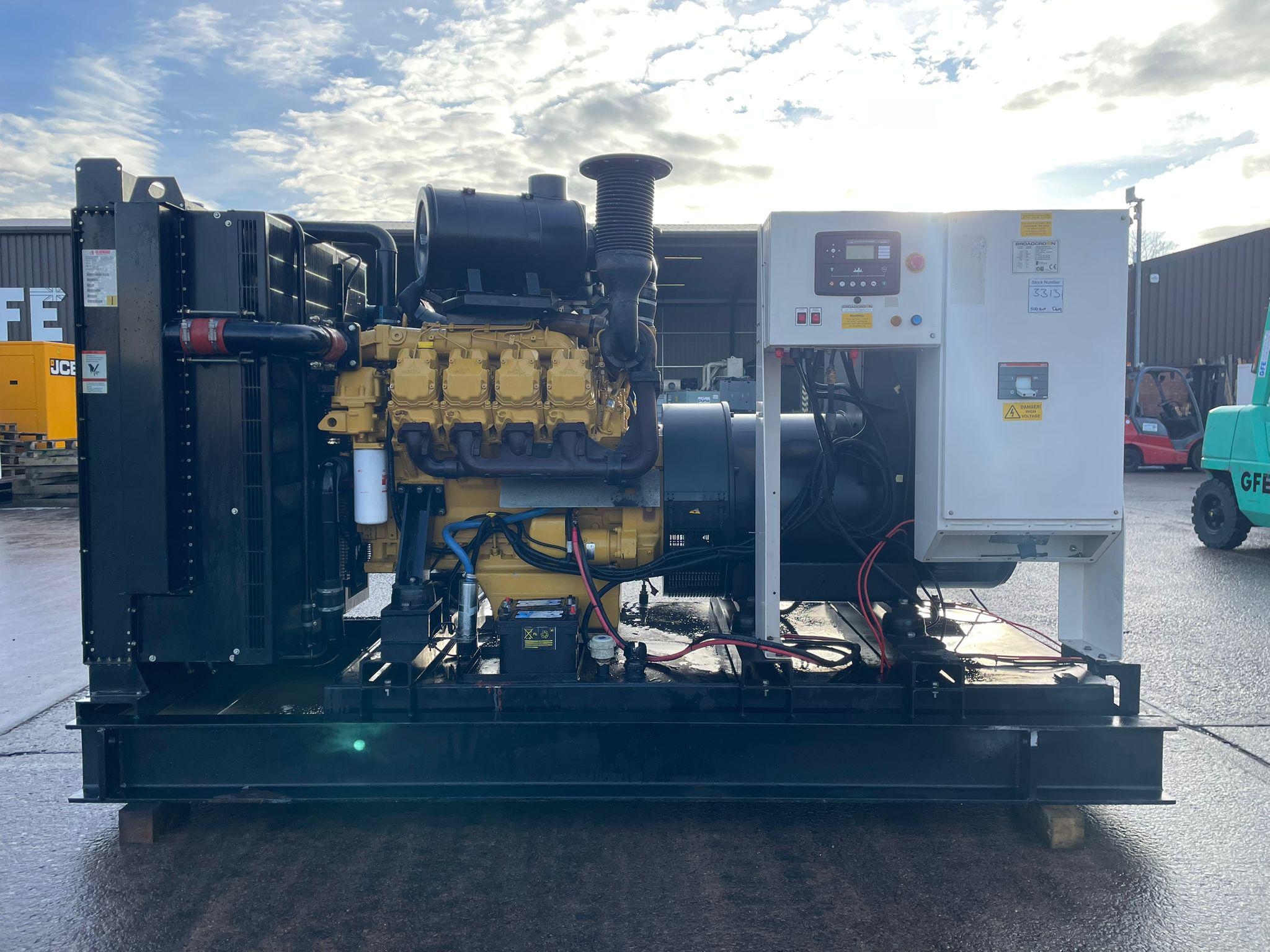Understanding Generator Batteries: The Essential Guide
When considering reliable backup power solutions, most people imagine a robust generator coming to the rescue during an outage. However, a vital component that often goes unnoticed is the generator battery. This unsung hero ensures the generator starts instantly and performs dependably, whether in emergencies or remote locations. In this guide, we’ll explain generator batteries, covering how they work, available types, and maintenance tips to keep them in prime condition. Whether you’re managing an industrial site or a home generator, understanding generator batteries can help you make informed choices.
What is a Generator Battery?
A generator battery stores electrical energy essential for generator start-ups. Unlike a generator’s main function to produce power, the battery guarantees a seamless start. Even the highest quality generator can fail to start without a dependable battery, potentially leaving you without power when it matters most.
These rechargeable batteries use stored chemical energy that quickly converts to electrical energy, powering the starter motor to ignite the generator. Simply put, a generator battery provides the initial spark needed to kick-start your generator.
Why Are Batteries Important for Generators?
You might wonder why a generator requires a battery if its purpose is to generate electricity. Generators, like car engines, need an initial spark to activate. Here’s where the battery comes in—providing that essential charge to jumpstart the generator engine. This quick activation is crucial during emergencies, as it ensures your generator can restore power promptly, keeping vital systems running in homes, businesses, and industrial facilities.
How Generator Batteries Work: The Detailed Process
To understand why generator batteries are essential, it’s important to break down how they function within the generator system.
Battery Charging and Discharging
Generator batteries connect to a charging circuit when idle, maintaining a full charge for when you need it most. The charge can be restored automatically or manually, depending on the battery type and generator. During start-up, the battery powers the starter motor, which in turn starts the generator’s engine. Most generators also have an alternator to recharge the battery during operation, ensuring it’s ready for the next use.
Power Supply and Conversion
Generator batteries store direct current (DC) power, which is converted to alternating current (AC) by an inverter to make it usable. Maintaining consistent voltage is key to reliable generator performance; without it, the generator may struggle to start or operate efficiently.
Types of Generator Batteries: Exploring Your Options
Selecting the right generator battery depends on your specific requirements and setup. Here are some common types:
Lead-Acid Batteries
These are the most common generator batteries, offering affordability, durability, and ease of maintenance. Lead-acid batteries utilise a chemical reaction between lead plates and an electrolyte solution, providing steady, rechargeable power. They require regular maintenance, such as electrolyte checks and terminal cleaning, to prevent corrosion and maintain reliability.
Lithium-Ion Batteries
Lithium-ion batteries have gained popularity due to their lighter weight, compact design, and longer lifespan compared to lead-acid batteries. Known for high energy density, they efficiently store more energy in a smaller space and recharge faster. While they come at a higher cost, lithium-ion batteries often justify the investment by providing lower maintenance and extended lifespan—ideal for both industrial and residential applications.
Choosing the Right Battery
When selecting a generator battery, consider the size and power requirements of your generator. Larger generators require batteries with higher voltage capacity for reliable start-ups. For frequent usage, especially in remote or industrial settings, investing in a high-quality battery is advisable for consistent performance. In heavy-duty scenarios, lithium-ion batteries often outperform other types due to their efficiency and energy density.
Maintaining Generator Batteries: Essential Practices
Regular maintenance is key to prolonging battery life and ensuring it’s ready to deliver power in critical situations.
Regular Maintenance Practices
Ensure your generator battery remains fully charged. Regular voltage checks help prevent depletion, which could hinder generator start-ups. For lead-acid batteries, maintaining electrolyte levels is essential, and topping up with distilled water when low can prevent damage. Additionally, keeping the battery terminals clean prevents corrosion that can reduce power delivery, ensuring a solid connection.
Longevity and Efficiency
The lifespan of generator batteries depends on usage, maintenance, and battery type. Lead-acid batteries typically last 3 to 5 years, whereas lithium-ion batteries can last over a decade. Following the manufacturer’s recommendations, keeping the battery clean, and avoiding deep discharges can maximise both lifespan and efficiency.
By understanding and properly maintaining generator batteries, you’re ensuring your power backup system is always ready when you need it most. Looking to upgrade or replace your generator battery? Contact us today for expert advice and the best options to meet your backup power needs! Take a look at our used diesel generators.
Call: +44(0)1386 553344 | Email: sales@gfe.uk.com


